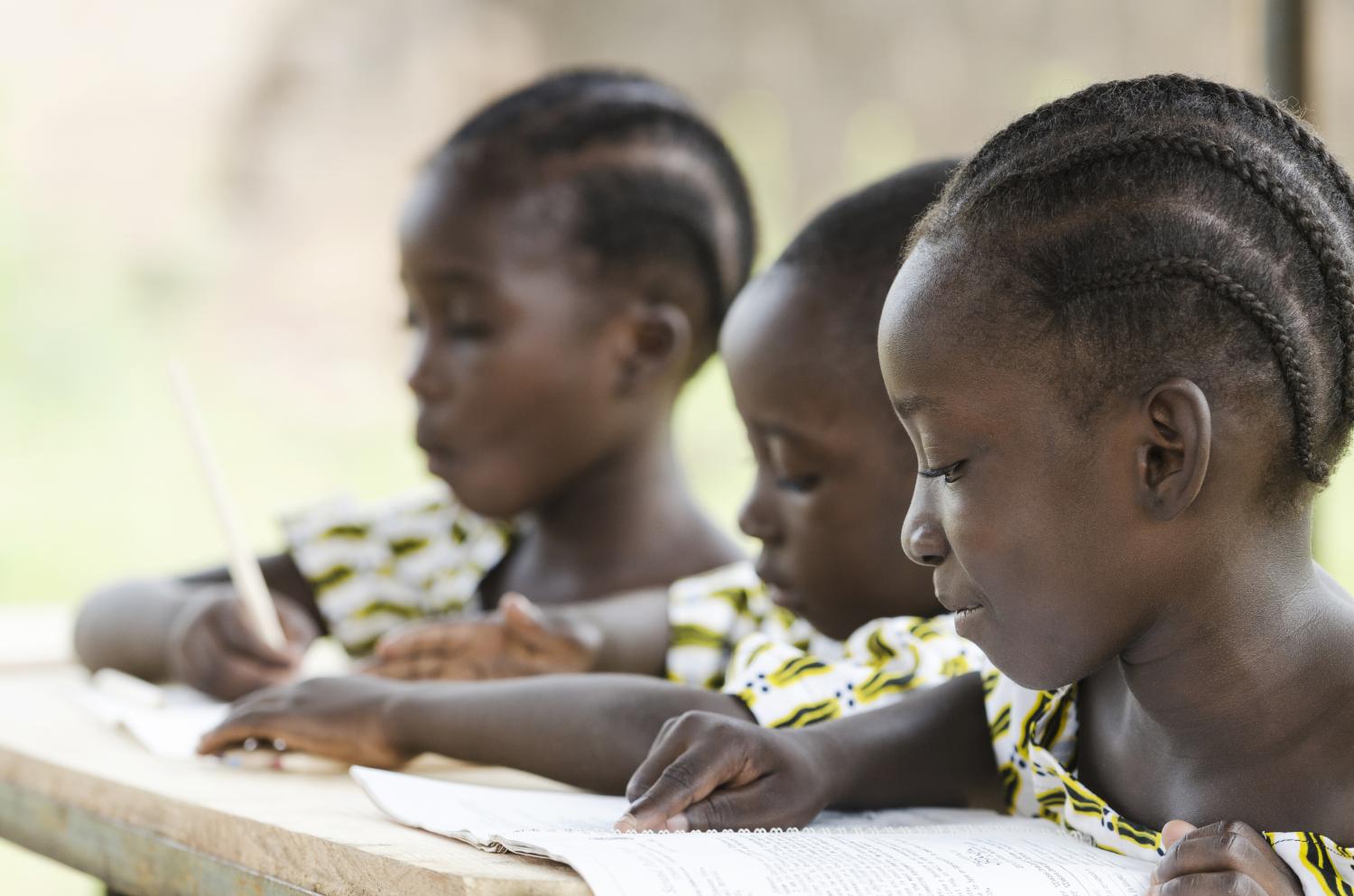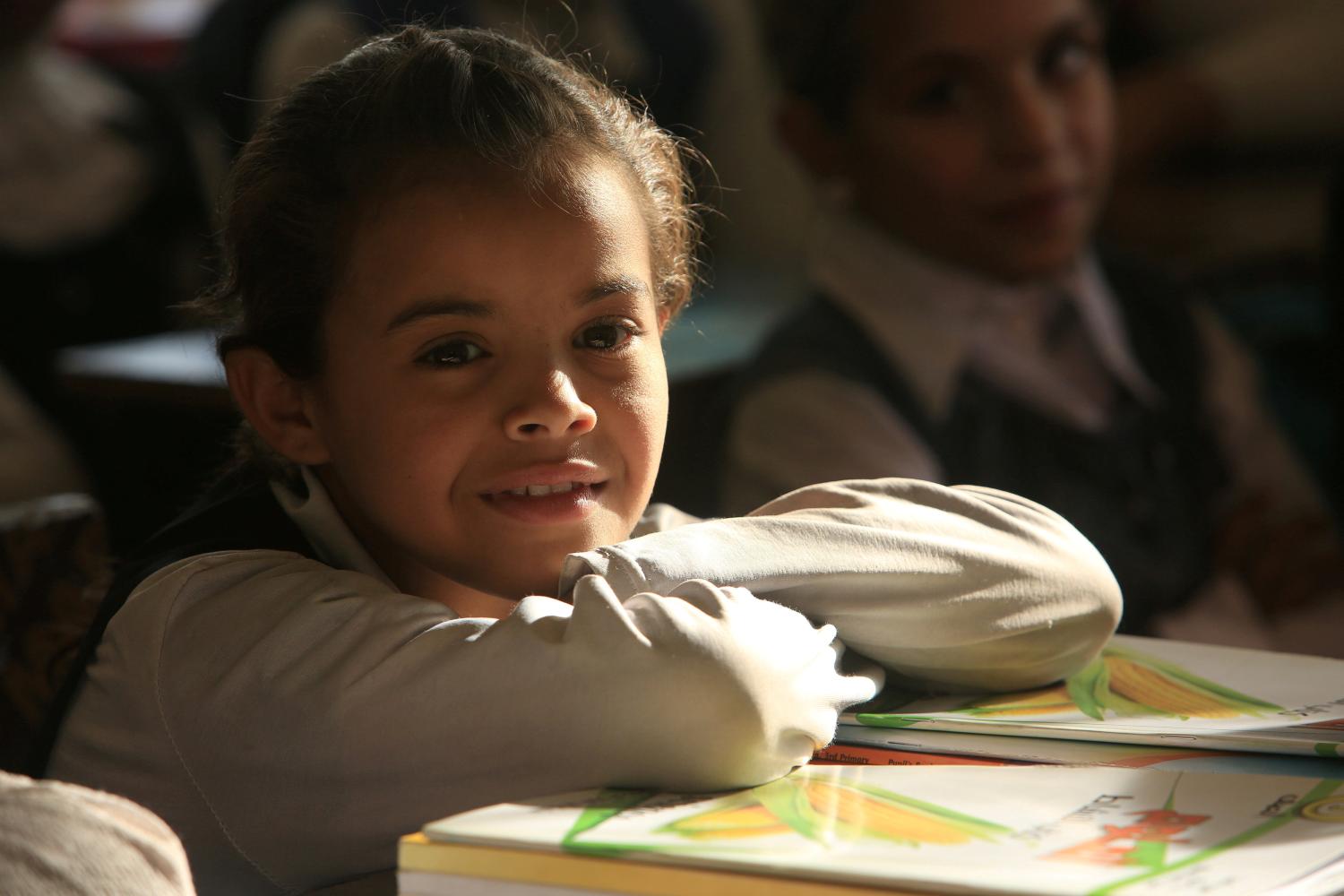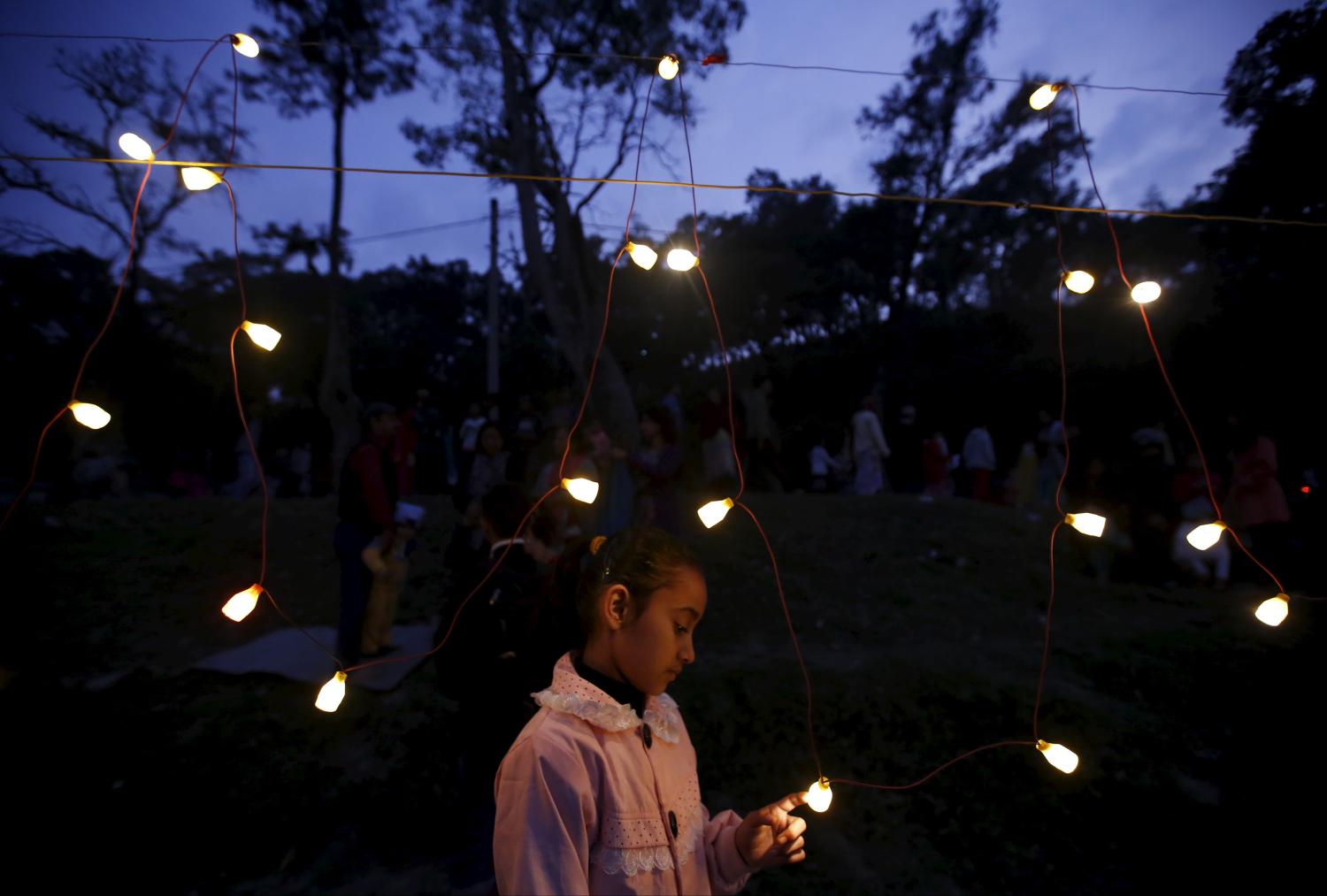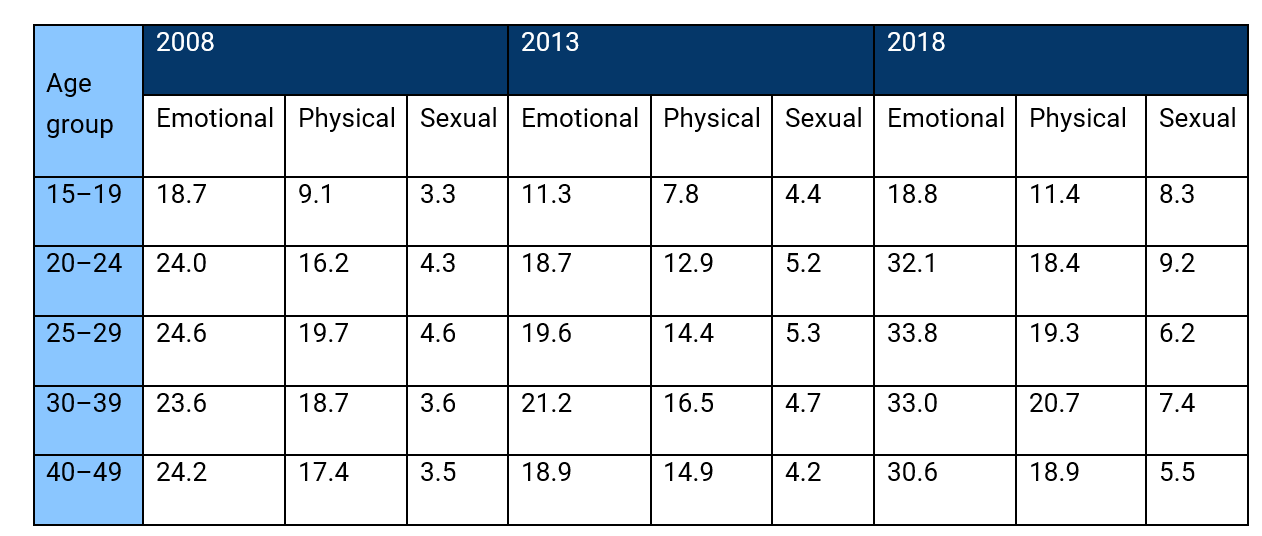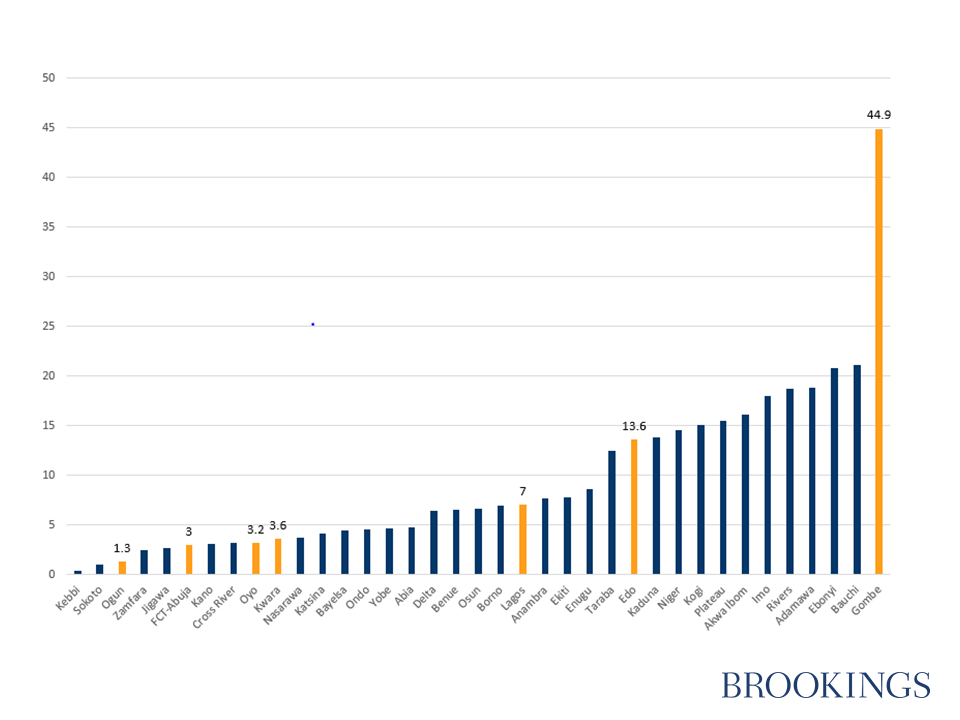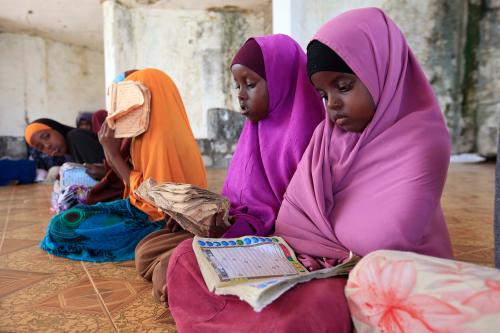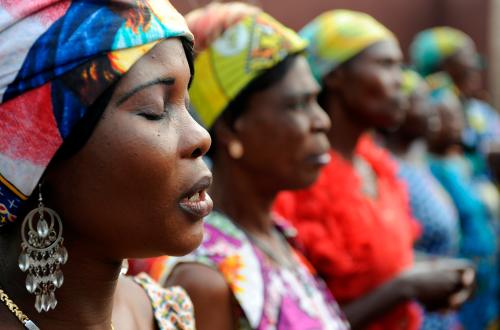The following is part of a series of briefs from Echidna Global Scholar alumni looking at school-related gender-based violence in primary schools. A longer policy brief synthesizing the cross-country findings is forthcoming.
Introduction
According to UNESCO, school-related gender-based violence (SRGBV) involves acts or threats of sexual, physical, or psychological violence occurring within and around school, perpetrated because of gender norms and stereotypes, and facilitated by unenforced and unequal power dynamics. These acts or threats not only have detrimental effects on the academic outcomes of their victims but also more specifically, hinder a country’s human, social, psychological, and economic development in addition to obstructing the government’s poverty alleviation and peace building efforts.
In Nigeria, there is no known prevalence of SRGBV at the primary school level except as found in the 2014 Violence Against Children Survey (VACS) by the National Population Commission, which showed a high prevalence (approximately 60 percent) of violence among adolescents before the age of 18, a finding corroborated by United Nations Population Fund. In higher education, Mejuini and Obilade (2012) found that 23 percent of university students had experienced SRGBV, but Iliyasu et al. (2011) found a much higher prevalence—58.8 percent. Cases often go unreported or underreported because students fear victimization, punishment, or ridicule.
Specifically, over half of the VACS study population (13- to 24-year-old females and males) had first experienced sexual violence between the ages of 6 and 11, which corresponds with primary school age. Further estimates suggest that the share of children and youth affected by bullying and school violence ranges from 10 percent to 65 percent, depending on the country and the form of violence.
Violence in a child’s formative years has far-reaching consequences on the child’s physical, mental, sexual, and emotional well-being. Sexual harassment within the school environment can interfere with students’ educational opportunities, especially among girls. Gender-based violence (GBV) devastates survivors and their families and also has significant social and economic costs. In some countries, violence against women is estimated to cost up to 3.7 percent of their gross domestic product—more than double what most governments spend on education.
An early effort to address these issues was Nigeria’s enactment of the Child’s Right Act 2003 to protect children’s rights. The Act has been adopted by 24 states in the country to protect children from every form of violence, including sexual harassment and child labor.
In the same vein, violence against women has been acknowledged worldwide as a violation of basic human rights. Increasing research has highlighted the health burdens, intergenerational effects, and demographic consequences of such violence. In 2015, Nigeria passed the Violence Against Persons (Prohibition) Act 2015, which aims to eliminate all forms of violence in both the private and public spheres—and includes the right to housing and other social assistance for victims of violence.
To monitor progress toward the elimination of violence, the NDHS collects representative data on the prevalence of different forms of violence every five years. It measures experiences of violence among women ages 15–49 in three main forms: emotional, physical, and sexual. Although the trend of both physical and emotional violence has been fluctuating in Nigeria, sexual abuse has consistently increased across all age groups and for each survey year from 2008 to 2018 (Table 1). Also, there is wide disparity across states, so looking at national statistics disaggregated by region or state is critical to understanding where to focus efforts and attention (Figure 1).
Table 1. Percentage of Nigerian women who have experienced abuse since age 15, by age group and type, 2008–18
Figure 1. Prevalence of sexual violence in Nigeria, by state, 2018
For this policy brief, the Youthcare Development and Empowerment Initiative (YcDEI) in Ibadan, Nigeria—led by the principal investigator, Adefunke Ekine (in collaboration with other Echidna Scholars at the Brookings Institution)—embarked on comparative research to collect baseline data on SRGBV in primary schools with the intention of empirically documenting types, causes, and possible preventive measures against GBV. Ideally, this research will provide a body of information that helps policymakers, researchers, civil society, nongovernmental organizations, and other stakeholders, especially in the education sector, to make informed decisions about implementing interventions to improve the plight of girls and boys—and enable them to progress and succeed in life without trauma.
-
Acknowledgements and disclosures
Oyeteju Odufuwa and Oluwatoyin Adebayo contributed to this brief.
The Brookings Institution is committed to quality, independence, and impact.
We are supported by a diverse array of funders. In line with our values and policies, each Brookings publication represents the sole views of its author(s).

